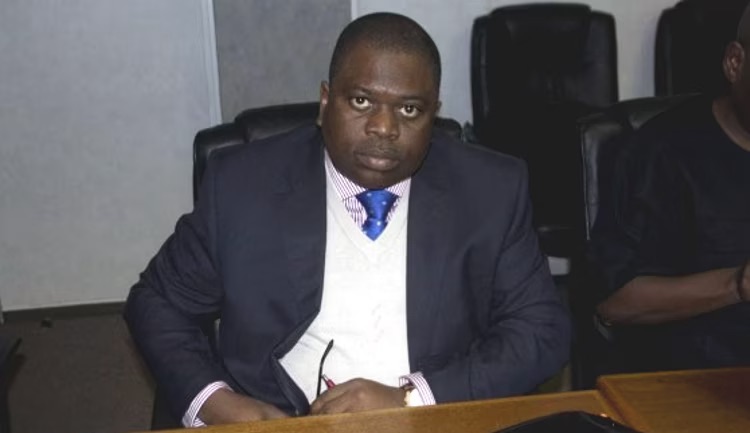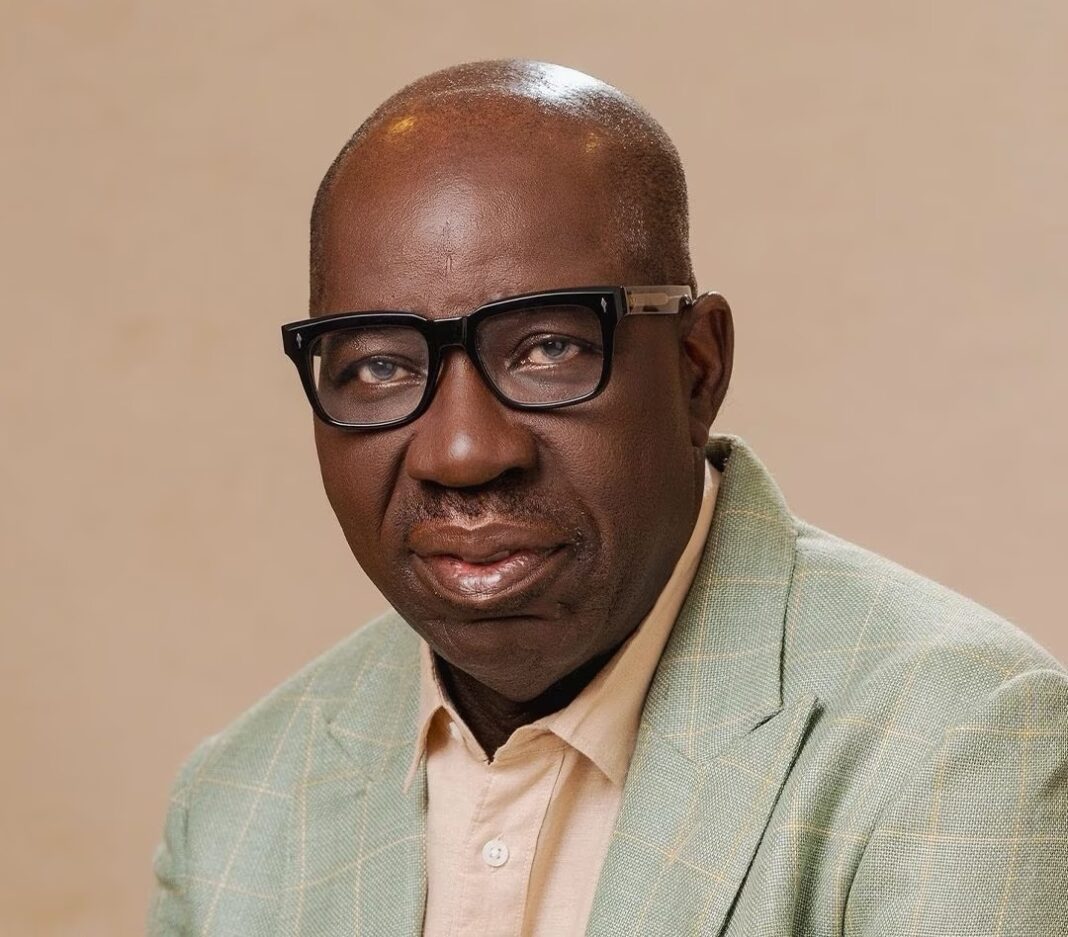John Dyegh, a former member of the Benue State House of Representatives, has been formally arraigned by the Independent Corrupt Practices and Other Related Offences Commission (ICPC) for alleged involvement in money laundering activities.
Dyegh, who served as the representative for the Gboko/Tarka Federal Constituency, is facing accusations of illegally transferring substantial amounts of money through various financial institutions in violation of anti-money laundering regulations.

This legal action is part of the ongoing efforts by the ICPC to investigate corruption and financial misconduct among public officials. The ICPC’s probe into Dyegh’s financial activities led to charges, suggesting that he may have violated the provisions of Nigeria’s Money Laundering (Prohibition) Act. The commission has been increasingly active in addressing corruption in both the public and private sectors, and the case against Dyegh highlights their commitment to prosecuting financial crimes.
The charges against Dyegh are not isolated but part of broader scrutiny into the financial dealings of public officeholders. In recent years, the ICPC has ramped up its investigations into illicit financial flows, often targeting officials in positions of power who are suspected of using their influence to facilitate large-scale financial fraud. These actions align with the government’s broader anti-corruption initiatives.
As the case moves forward, Dyegh’s legal team will likely present a defense against the allegations, though it is expected that the ICPC will present substantial evidence to support its claims. The trial could set a significant precedent for how similar cases of money laundering among political figures are handled in Nigerian courts.
For further information on this story, including updates as the case progresses, you can refer to sources such as Premium Times, which has detailed reporting on the ongoing investigations .





